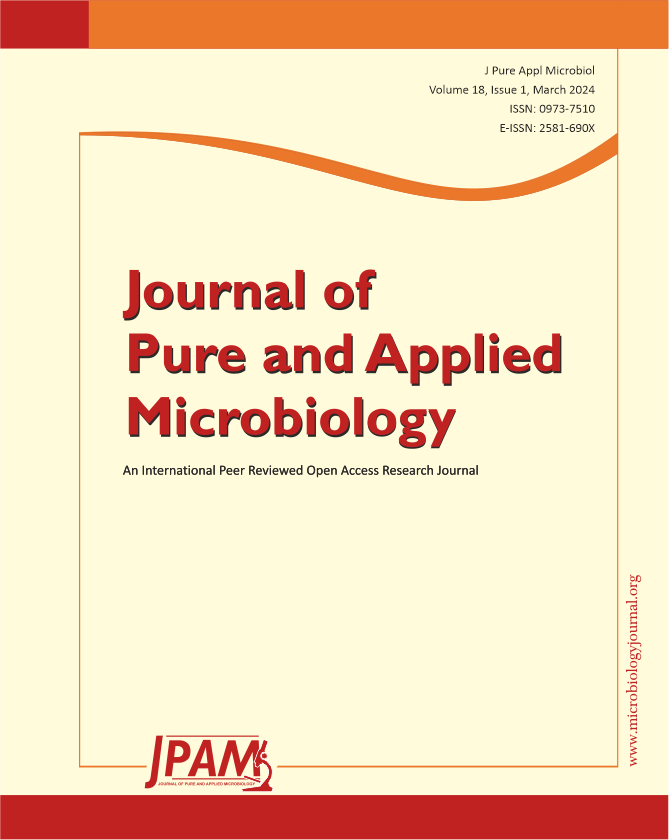Drought stress is the primary constraint on plant-based food production, particularly paddy production. Several studies have examined plant resistance to heat and osmotic pressure. This study aimed to isolate bacteria with plant growth-promoting properties that could tolerate high temperatures and improve paddy growth during drought. Five isolates with a high optical density value (OD600) at 30% PEG 6000 (equivalent to -1.03MPa) and able to grow at high temperatures were identified based on the 16S rRNA gene sequences as Achromobacter spanius UKM UR10, Bacillus pumillus UKM UR11, Bacillus cereus UKM R66, and Bacillus altitudinis UKM RB11, which were isolated from the root, where as Bacillus sp. UKM S8 was isolated from rhizosphere soil. These isolates exhibited 1-amino cyclopropane-1-carboxylate (ACC) deaminase activities ranging between 1.01 and 1.12 mmol α-ketobutyrate mg-1 protein h-1, which degraded ACC to α-ketobutyrate and ammonia. Other plant growth promoters assessed include indole acetic acid (IAA; concentration between 9.69 and 13.15µg/ml) and phosphate solubilization (concentrations between 31.74 and 51.30 mg/l) production. Subsequently, the selected plant growth-promoting rhizobacteria (PGPR) were incorporated as a consortium and inoculated on paddy seeds, thus increasing total chlorophyll, proline, and soluble sugar content in paddy subjected to drought-stress conditions. Paddy yield components and performances, such as panicle number, spikelet number, dry grain weight, number of leaves, stalk length, and root length increased significantly. This isolated PGPR exhibits heat resistance, promotes plant growth, and can serve as an inoculant for paddy plants under drought conditions.
Plant Growth Promoter, Drought Stress, ACC Deaminase Enzyme, Phosphate-solubilizing Bacteria
© The Author(s) 2024. Open Access. This article is distributed under the terms of the Creative Commons Attribution 4.0 International License which permits unrestricted use, sharing, distribution, and reproduction in any medium, provided you give appropriate credit to the original author(s) and the source, provide a link to the Creative Commons license, and indicate if changes were made.


